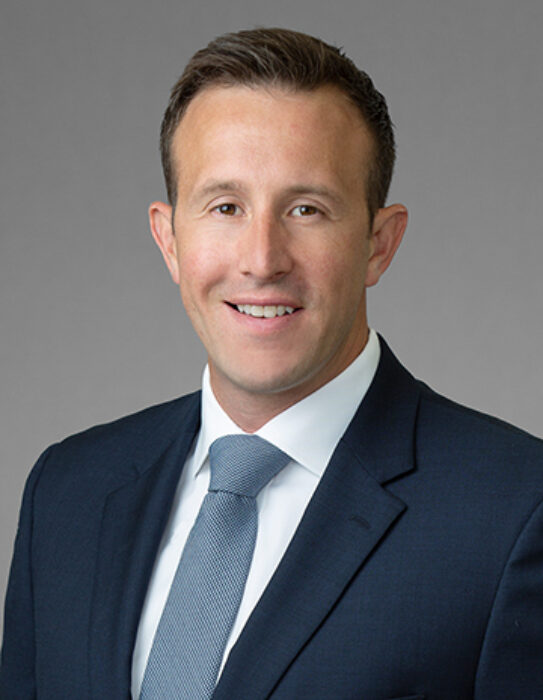IFRS Challenges For Corporate PPA Derivative Accounting

Renewable energy power producers may not be aware of reporting challenges under International Financial Reporting Standards (“IFRS”) for contracts often utilized in project finance to develop new wind or solar facilities. Project financing generally requires the execution of offtake arrangements to achieve more predictable cash flows, and corporate power purchase agreements (“Corporate PPAs”) are commonly utilized by renewable energy companies for this purpose.
A Corporate PPA sometimes referred to as a virtual power purchase agreement is a hybrid agreement that includes a contract for differences, along with an agreement to deliver the related renewable energy credits from the project. Under a Corporate PPA, there’s no physical delivery of electricity. Rather, the agreement specifies a periodic payment to be made based on the difference between an agreed-upon fixed price and a floating market price, generally at a market hub or a project node.
While Corporate PPAs require Dodd-Frank reporting, they often escape derivative accounting under U.S. Generally Accepted Accounting Principles (“U.S. GAAP”). However, those reporting under IFRS may not be as fortunate.
The following provides an overview of the derivative assessment considerations under both U.S. GAAP and IFRS. This comparison highlights key factors that may result in a different conclusion for IFRS when compared to U.S. GAAP.
Derivative Assessment Considerations
Companies must assess whether a Corporate PPA is within the scope of derivative accounting under U.S. GAAP, IFRS, or under both standards. U.S. GAAP defines a derivative contract as a financial instrument or other contracts with all the following characteristics: Corporate PPAs generally contain three of the four characteristics noted above leaving the accounting assessment to hinge on whether the contract contains a notional amount. Oftentimes, these contracts can be structured in a way where there’s no reliably determinable notional amount. Accordingly, Corporate PPAs often escape derivative accounting under U.S. GAAP absent any contractual or minimum volumes specified in the contract.
IFRS, on the other hand, doesn’t require a notional amount in order to meet the definition of a derivative. IFRS defines a derivative contract as a financial instrument or other contract with all the following characteristics: See the following example from IFRS 9:IG.B.8.
Accordingly, Corporate PPAs typically meet the definition of a derivative under IFRS. Accounting professionals reporting under IFRS should be aware of this difference from U.S. GAAP, especially if dual reporting under both U.S. GAAP and IFRS are required. Many more contracts could be subject to derivative accounting.
Derivative accounting requires the contract to be recorded on the balance sheet based on the fair value of the contract. Unless hedge accounting is elected, changes in the fair value of the derivative are recognized in earnings as changes occur. Determining the fair value of derivative contracts may be challenging, and the change in fair value could be a significant source of earnings volatility. Many companies may require assistance from a specialist to determine the fair value of the instruments and assist with the associated reporting. Opportune LLP is a trusted advisor that assists renewable energy clients in all aspects discussed above.
About The Expert
As a Managing Director at Opportune, Matt Smith assists companies with their accounting for complex financial instruments under both U.S. GAAP and IFRS. With over 15 years of client service experience at Opportune and Ernst & Young, Matt has gained extensive knowledge and expertise in debt and equity financing activities, derivatives and hedging, share-based payments, and SEC reporting. He holds an undergraduate degree in Accounting from Oral Roberts University and is a CPA licensed in the State of Oklahoma.
Related Insights
Our experts are here
for you.
When you choose Opportune, you gain access to seasoned professionals who not only listen to your needs, but who will work hand in hand with you to achieve established goals. With a sense of urgency and a can-do mindset, we focus on taking the steps necessary to create a higher impact and achieve maximum results for your organization.
LeadershipGeneral Contact Form
Looking for expertise in the energy industry? We’ve got you covered.
Find out why the new landmark legislation should provide a much-needed boost for the development of carbon capture.




